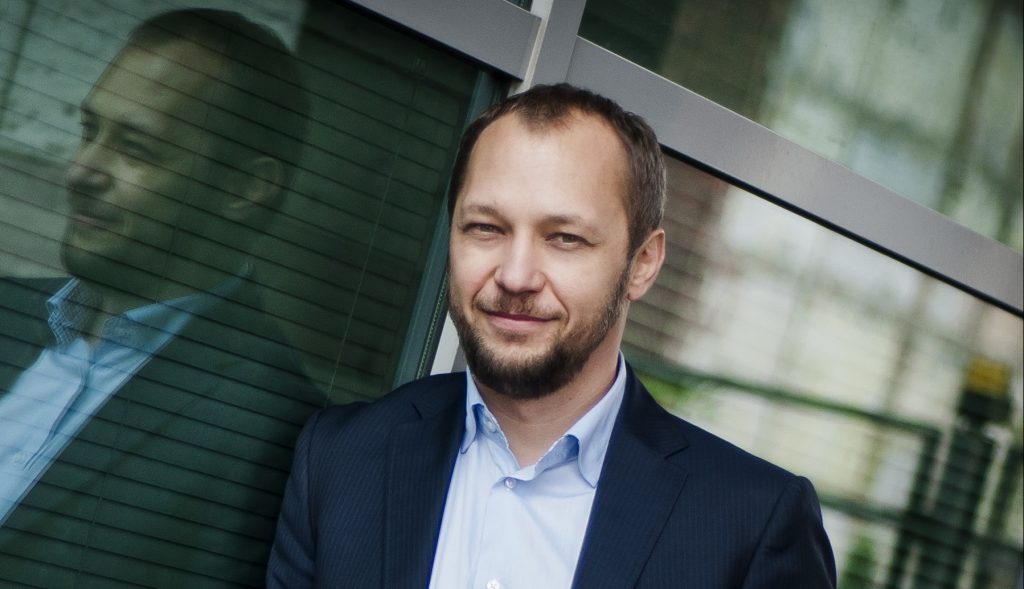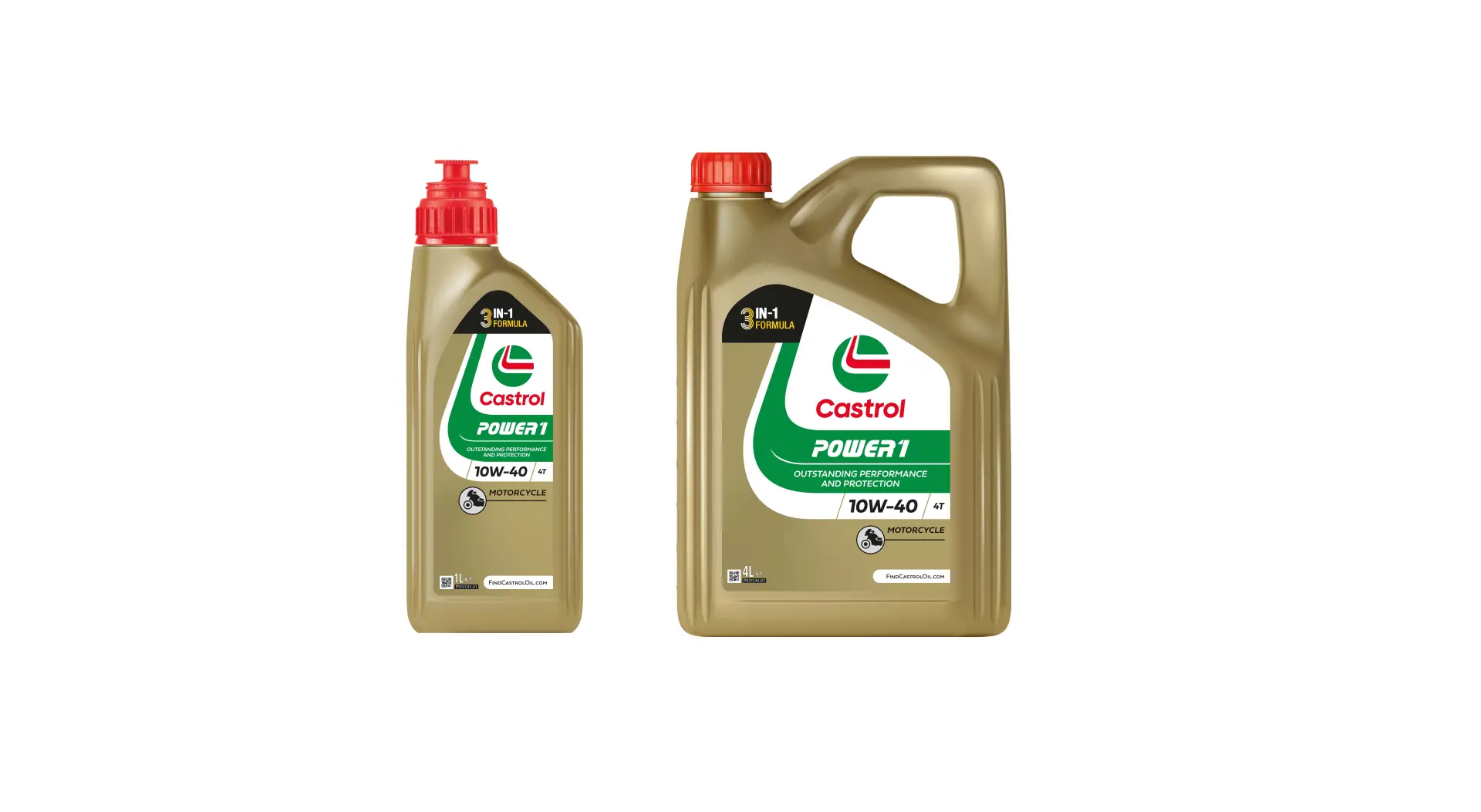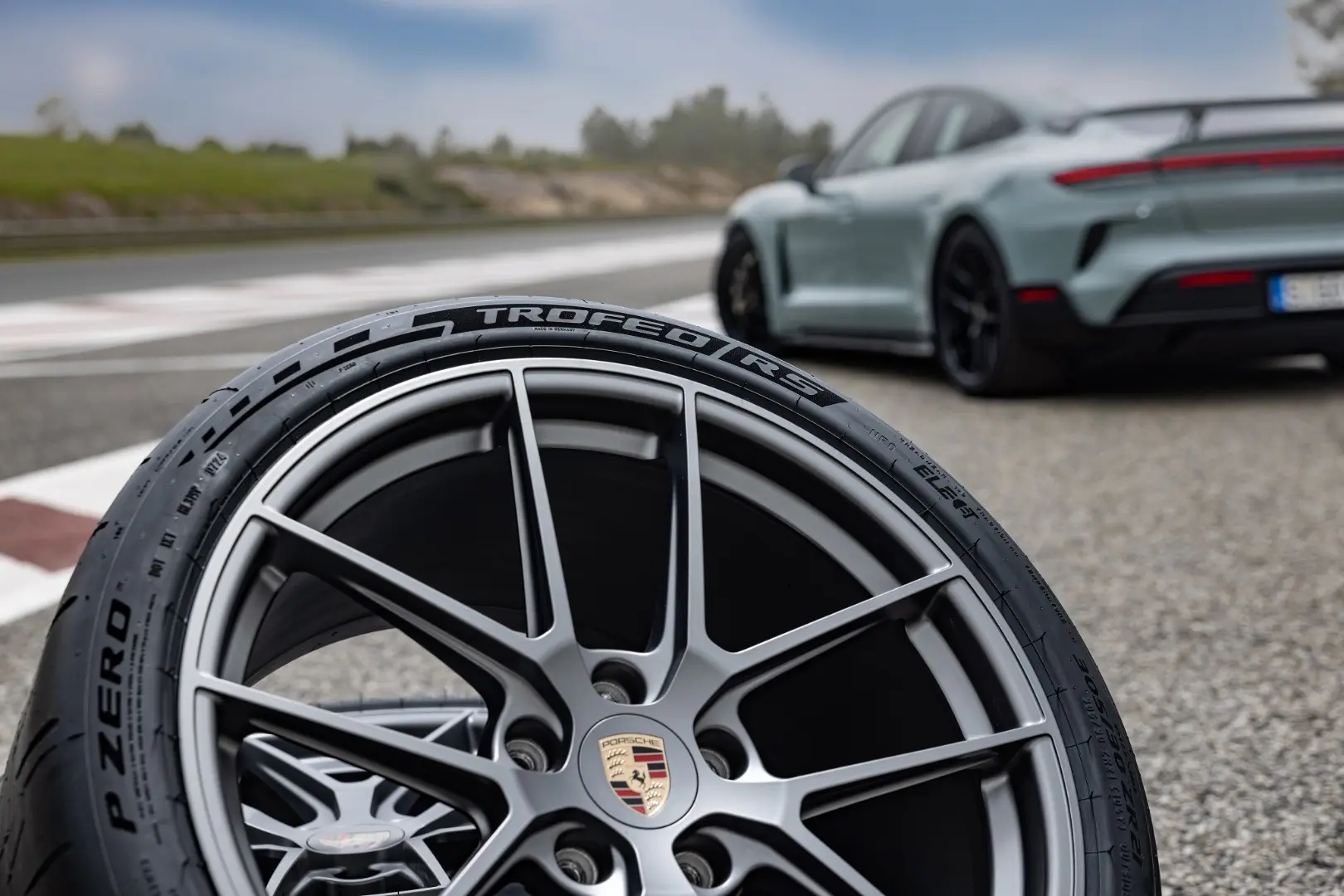PGM: we estimate that, on average, the sales on the aftermarket in Poland could fall by approximately 20%

We sum up the past year and think about the plans for 2021. Motofaktor.pl asks the aftermarket industry representatives how they assess the past twelve months of 2020, what changes have occurred in their companies and what challenges are ahead of the industry in the coming 2021.
Bartosz Mielecki, Managing Director of Polish Automotive Group responds to the questions.
How do you assess the past year on the aftermarket in Poland?
Polish Automotive Group brings together national manufacturers of automotive parts which cover with their products a wide spectrum of the automotive aftermarket. When we asked our members about the impact of the pandemic on the market, we heard various opinions and reports on decreases in sales from 10% to 30%, depending on the assortment of a given manufacturer.
However, there was a similar course of sales slowdown which manifested itself with a steep drop during the spring economy freezing, and then, a gradual flattening of the sales during holidays and later, in autumn. We estimate that, on average, the sales on the aftermarket in Poland could fall by approximately 20%.
What are the three most important changes that occurred on the market last year?
We have surely recorded a decline in the passenger car traffic throughout the country, since due to the pandemic, a large part of the society switched to remote work. This led to the limited use of vehicles, and, as a result, lower demand for spare parts.
The demand for spare parts for buses has also substantially fallen – this, in turn, was to a large extent the result of closing down schools. And as long as the pandemic lasts, this situation on the market may persist.
On the other hand, the logistics, agriculture, and the army functioned relatively normally, therefore, we have recorded slight decreases on the market of spare parts for trucks, agricultural machinery and construction equipment, and even military vehicles. As always, the good principle to diversify the customer groups for which you supply products on the aftermarket has proven itself. The companies which manufactured for the agriculture, the construction sector or heavy transport, or those who managed to switch to such manufacture, have largely minimised losses.
A certain group of members of PGM also switched a part of its operations to the manufacture of products for combating COVID-19 such as face masks, visors, protective overalls, disinfectants, plexiglass shields, handles for opening door, and even beds for field hospitals, air sterilisers, temperature measurement gates or contamination cabins. This could also help some of them to minimise the decreases in revenues.
The production slowdowns resulting from troubles with the availability of staff as well as raw materials and components have also had an influence on the market. Many factories have experienced staff problems, often caused by infections, forced quarantines, or the need to take care of their children.
As a result of stopping the production lines for semi-finished products, that are used in the automotive industry, their availability was limited, and then, their prices went up. Our members have experienced it mainly in the case of purchasing steel, components for the production of plastic or upholstery foams. If this trend persists, sooner or later the higher prices of raw materials will be transferred to the end consumers, and this, in turn, will affect us all.
When describing the changes that occurred as a result of the pandemic, we also see some advantages. It has become very common to use modern IT tools, for example, for videoconferences. It turned out that we can communicate smoothly without leaving our homes, without spending half of our day in our cars, which we couldn’t image before. It certainly saves time and employee logistics costs.
What are the challenges the industry will face in 2021?
It appears that 2021 will be the year of phasing-out the pandemic and awaiting the return to normality. The car sales and the sales of products on the aftermarket will slowly revive. However, the pandemic has revealed certain weaknesses in the global automotive market, where, over the last decades, a large part of production was located in the Far East.
The coming years can be the period when we could observe a trend related to production facilities being transferred to and located in Europe, which can be beneficial to the manufacturers from the Central and Eastern Europe, including Poland. This, among others, is why Polish Automotive Group have set up the project called Polish Automotive Production Hub that aims at encouraging foreign automotive investors to cooperate with Polish automotive companies in locating their production in our country.
Next year, a major challenge – due to the ongoing pandemic – will be the restrictions in organising meetings, trade fairs of business trips which, for export companies, have been the main source of client acquisition. Although we see attempts to organise various industry events online, we all know that these are not as effective as traditional meetings with a client, face to face, with a handshake.


